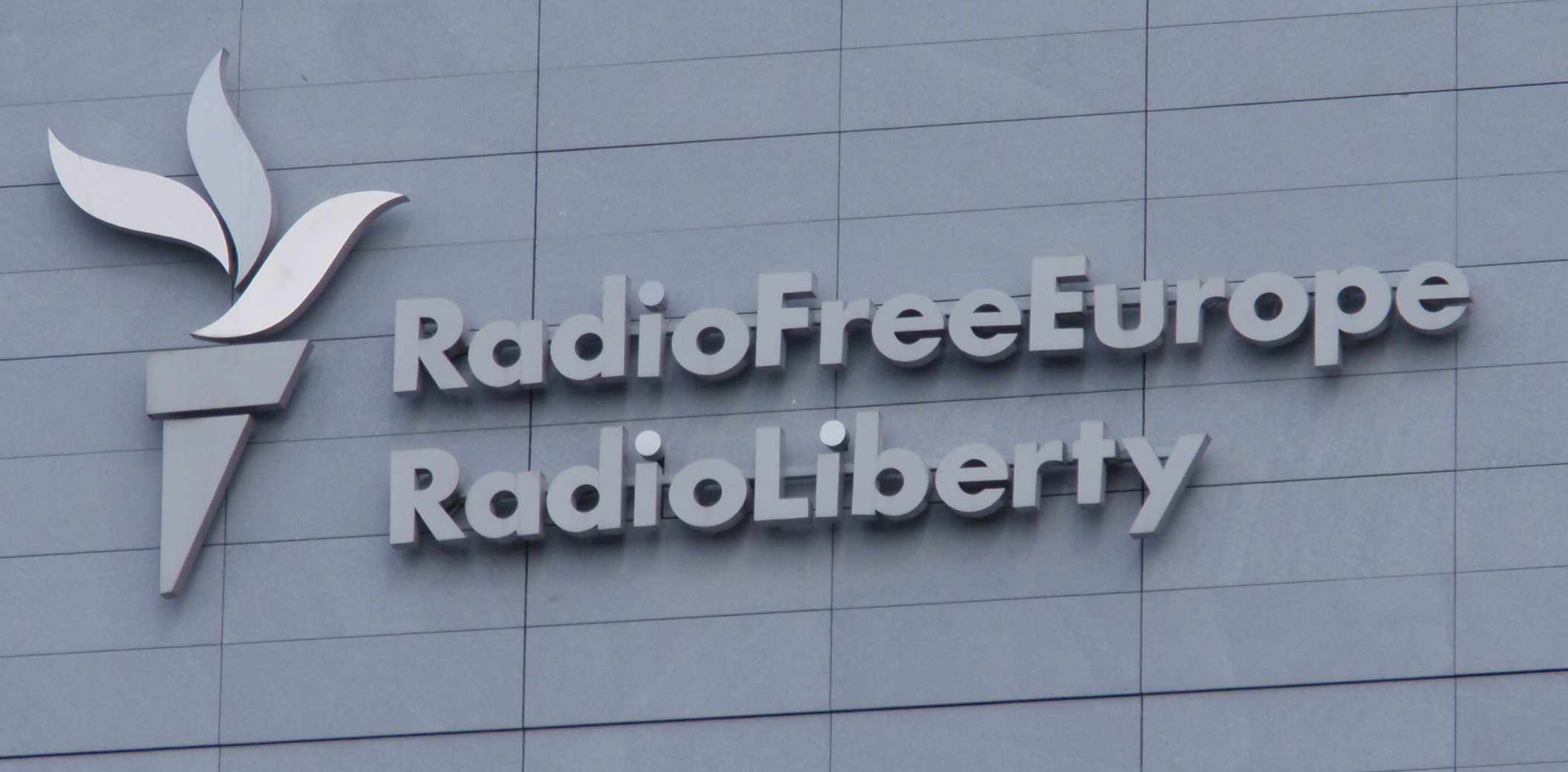Radio Free Europe/Radio Liberty (RFE/RL) is a United States government-funded organisation that broadcasts and reports news, information, and analysis to countries in Eastern Europe, Central Asia and the Middle East. It was founded in 1949 as an anti-communist propaganda medium in Eastern Europe.
The Polish Section of the Radio Free Europe operated from 1952 to 1994. Its first director was Jan Nowak-Jeziorański (1951-1976). It was regularly jammed by communist secret services and some of its editors were threatened by the secret services. Polish Section of the Radio Free Europe for a long time shaped collective knowledge about politics from the point of view of the democratic opposition. Poles looking for media other than the government propaganda, usually referred to Free Europe. The radio served as a mobilization tool for supporting the political opposition, and presented cultural and literary oeuvres not available in the country.
One of the most important events in the history of the Polish Section of the Radio Free Europe was the broadcast-testimony of Józef Światło, deflected communist party member of the Polish Ministry of Security, who in the very honest relation uncovered the mechanisms of functioning of the Polish security services during the Stalinist period. During all political upheavals and social anxieties, it was the Radio Free Europe which informed about the events from the point of view of Polish opposition and dissent circles.
Among journalists and writers who created the broadcasts for the Polish Section, one should mention Józef Czapski, Gustaw Herling-Grudziński or Leopold Unger. What is more, the most important dissent and diaspora personages appeared in the Radio Free Europe broadcasts. From the politics and military circles: gen. Władysław Anders, gen. Tadeusz Bór – Komorowski, gen. Tadeusz Kasprzycki, gen. Kazimierz Sosnkowski, gen. Józef Haller, Adam Ciołkosz, gen. Felicjan Sławoj – Składkowski, gen. Stanisław Maczek or Stanisław Mikołajczyk; from the literary and poetry milieu: Witold Gombrowicz, Czesław Miłosz, Jerzy Kosiński, Sławomir Mrożek, Jerzy Giedroyć, Marek Hłasko, Leopold Tyrmand. Those broadcasts presented images of Polish politics and society different than in the mainstream socialist media, and served as a tool for maintaining dissent ideas and actions - both in Poland and among Polish diaspora.
After 1989, when the political climate in Poland had completely changed and the censorship had been abolished, the Polish Section of Radio Free Europe ceased to have influence on the Polish public sphere. Some of the members of the Polish Section came back to Poland, others stayed abroad. The recordings of the radio broadcasts were not archived properly up to the late 1980s, so until now only 5% of the recordings are archived and digitalized (approx. 17 000-18 000 recordings). The digitalization and dissemination of the Polish Section of the Radio Free Europe required cooperation between the Hoover Institution Archives, the Polish Radio, and the Polish National Digital Archives. Hoover Institution Archives – main deposit for all Radio Free Europe sections - gave the licence to Polish institutions so that the National Digital Archives could work on digitalization of sound recording and approximately 500 photographs. The Polish Radio disseminated the broadcasts through a special platfrom devoted to the Polish Section of the Radio Free Europe.

